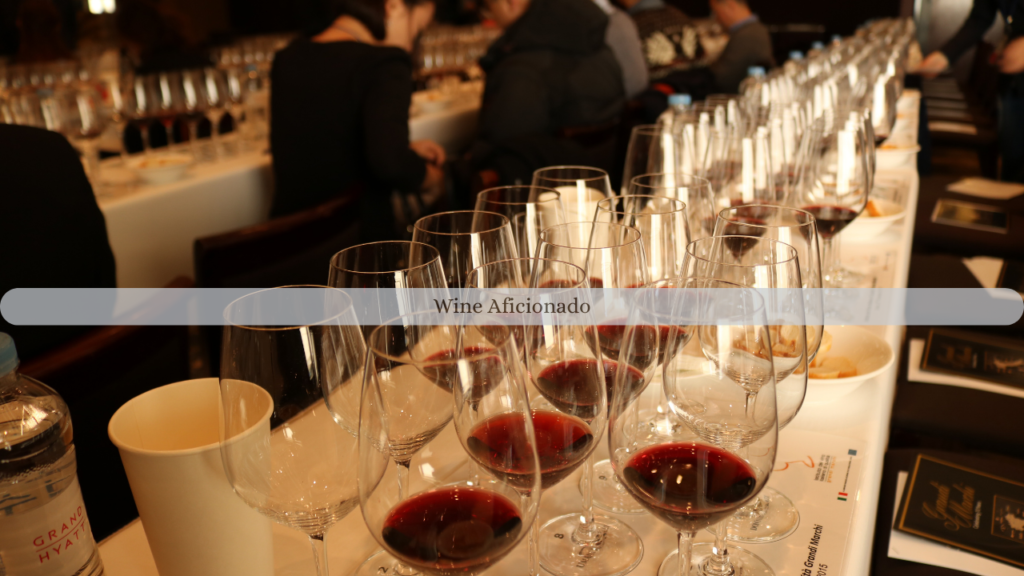
Wine connoisseurship is a refined hobby, blending the love of fine wine with a deep appreciation for its history, production, and unique characteristics. For many, collecting and tasting wine offers a rich sensory and cultural experience, a hobby that can foster community and an understanding of different regions and vintages. However, when does this love for wine transform into something more harmful? When does the line blur between appreciation and addiction?
The world of wine connoisseurship often involves frequent tasting events, collecting expensive bottles, and socializing with fellow enthusiasts. It can be a highly rewarding activity for those who take pride in their ability to discern subtle notes, identify regions of origin, and pair wine with the perfect meal. However, wine appreciation can sometimes evolve into a pattern of alcohol dependence, particularly when individuals begin to rely on it for relaxation, coping with stress, or escaping life’s difficulties.
The Thin Line Between Enthusiasm and Excess
One of the core reasons that wine connoisseurship can transition into dependence is the normalization of frequent drinking. Unlike casual wine drinkers, enthusiasts often find themselves regularly sampling wines at tastings or uncorking bottles to explore the nuances of different vintages. While this is often done in moderation, the frequency of drinking can increase without conscious awareness.
Social events centered around wine can also blur the lines between appreciation and overindulgence. Wine lovers may gather for tastings or dinners, where multiple bottles are opened, and sampling a variety of wines becomes a communal activity. This setting can encourage higher consumption without the individual noticing the shift. Over time, the frequent exposure to alcohol can lower tolerance and make it easier for dependence to creep in.
The Psychological Shift: When Enjoyment Turns into Reliance
A significant marker of when wine connoisseurship crosses into addiction is the psychological reliance on alcohol. What begins as an occasional indulgence or hobby can develop into a more consistent need. Many wine lovers may start by enjoying a glass at the end of the day as a way to unwind or relax. However, as stress and life pressures increase, that single glass may become two or three, gradually morphing into a habitual crutch.
Wine aficionados, in particular, are susceptible to the illusion that their consumption is part of a sophisticated pursuit. The culture of connoisseurship can sometimes mask problematic drinking under the guise of refinement. Yet, the problem becomes apparent when the individual no longer feels in control of their drinking or finds it challenging to cut back.
Recognizing the Signs
It’s essential for wine enthusiasts to be aware of the warning signs that their passion for wine may be crossing into unhealthy territory. These signs include:
- Drinking wine daily or multiple times a day
- Feeling unable to enjoy social events or relax without alcohol
- Needing more wine to achieve the same level of enjoyment or relaxation
- Experiencing guilt or hiding the amount of wine consumed from others
- Difficulty stopping or cutting back, despite a desire to do so
Striking a Balance
Being a wine enthusiast doesn’t have to lead to dependency, but it requires mindfulness and self-awareness. It’s crucial to recognize when the enjoyment of wine turns into a form of reliance or begins negatively affecting one’s well-being. The key to maintaining a healthy relationship with wine is setting clear boundaries, moderating consumption, and staying attuned to the motivations behind drinking. Passion for wine can coexist with a healthy lifestyle, but it takes conscious effort to prevent connoisseurship from becoming dependence.